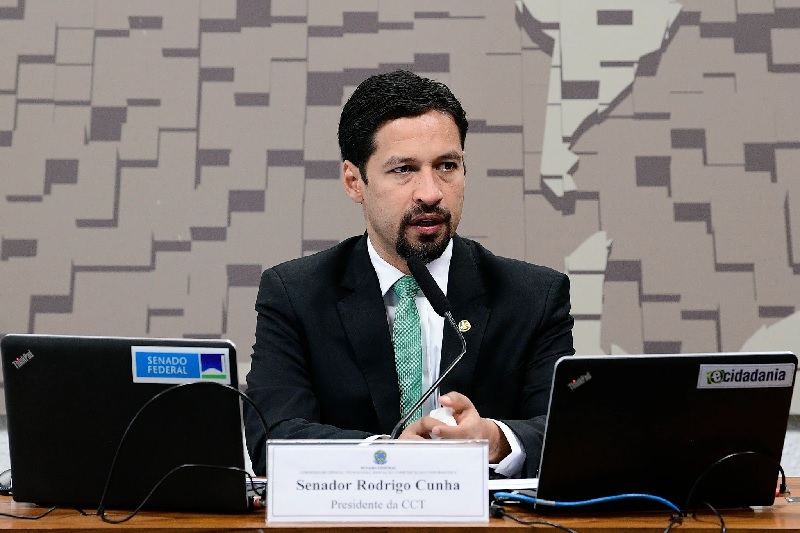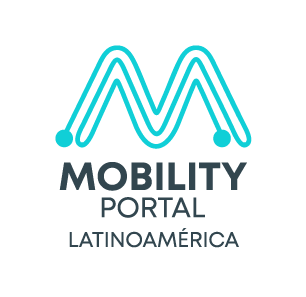The Senate Committee on Science and Technology (CCT) approved bill 6.020/2019 by Senator Leila Barros (PDT/DF), which creates a policy of tax incentives for the development of electric mobility and research in Brazil.
The analysis of the bill now passes to the Economic Affairs Committee (CAE).
The bill determines that companies benefiting from tax exemptions in the Rota 2030 – Mobility and Logistics programme must apply 1.5% of the tax benefit to research for the development of electric vehicle technology.
The bill also conditions investments in the generation of electric energy inside the vehicles from ethanol. According to the text, in the first ten years of the policy, the 1.5% share of the tax benefits must be invested in public research institutions, or in research supervised by them.
The rapporteur was the president of the CST, Rodrigo Cunha (União/AL). For him, Brazil needs to prioritise its investments in electric mobility more.
«In China and Germany, for example, there has been rapid progress in the sale of electric cars. In Germany, these vehicles accounted for 26% of car sales in 2021. The advance of electric vehicles is a rapidly accelerating and global process. So Brazil needs to plan for the future of our automotive industry, which is 20% of industrial GDP. We need to invest much more in research and development,» the senator stressed.
Cunha also recalled that Brazil is endowed with mineral wealth and therefore needs to look for new battery chemistry formulations that take advantage of the resources that the country has in abundance.
«That way, we can manufacture the batteries here and then export them to foreign markets, instead of simply sending those resources to other countries to manufacture the batteries. And there is still a significant market that could open up for our biofuels, which can even be used for aircraft engines.»
In the justification of the bill, Leila points out that Rota 2030 allows tax exemptions that currently reach R$ 9 billion for companies. Therefore, incentives for research in electric mobility could reach R$ 135 million per year today. In the first 10 years, if the proposal is approved and sanctioned, contributions to research would reach at least R$ 1.3 billion.
PL 403/2022, by Senator Irajá (PSD/TO), which exempts electric and hybrid vehicles from the Import Tax until 31 December 2025, is also pending evaluation by the CAE.
The proposal seeks to extend the incentives of a September 2020 resolution of the Executive Steering Committee (Gecex), which left the 35% rate at zero for most cases of importing electric or hybrid vehicles, and reduced it to 2% or 4% in some situations.
According to the senator, the objective of the PL is to expand the scope of the benefit already granted by the Executive Branch and provide legal certainty to companies, since, once in law, the incentive cannot be withdrawn without the approval of the National Congress.
The expectation with the proposal is to reduce the final price of electrified vehicles in Brazil by up to 20%.
«The impact on the final cost could reduce the price of electric and hybrid vehicles for the Brazilian end consumer by 10 to 20%. There is still a long way to go for economic viability, because the fossil fuel fleet has an infinitely lower price», justifies the author of the project.
If approved by the CAE, the PL passes directly to the Chamber of Deputies, without having to go through the Senate plenary.





















